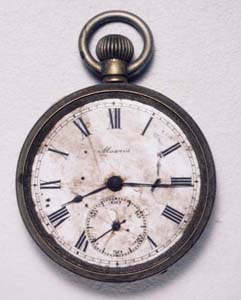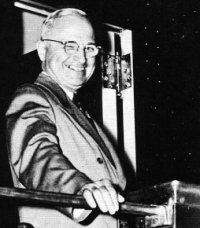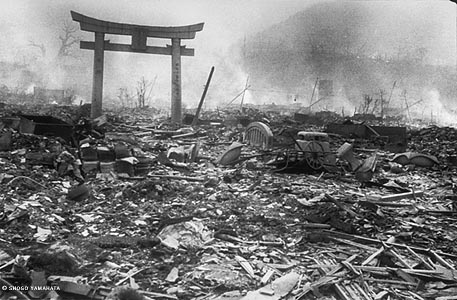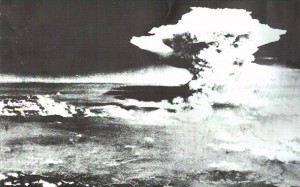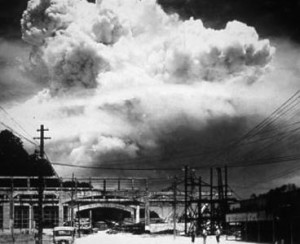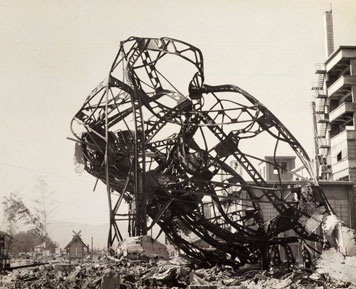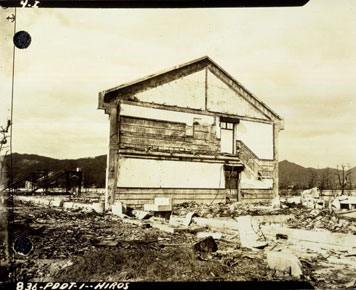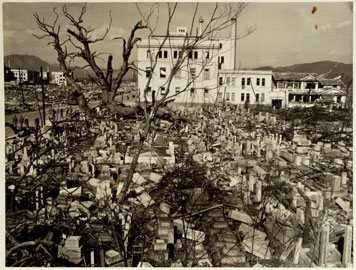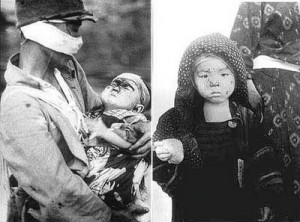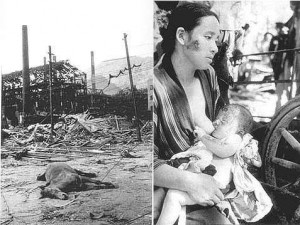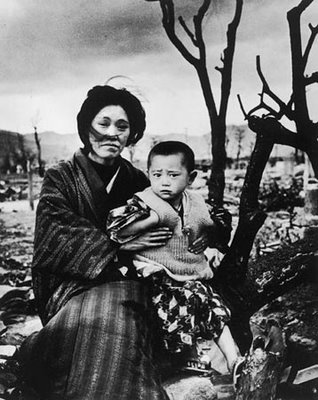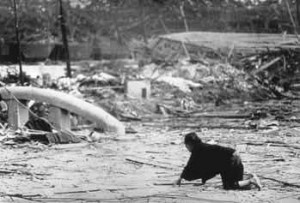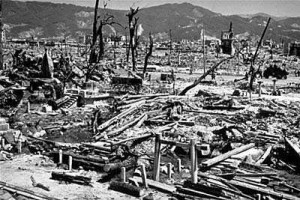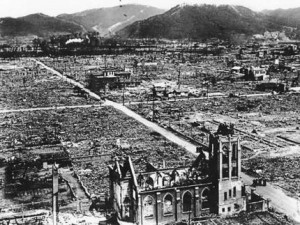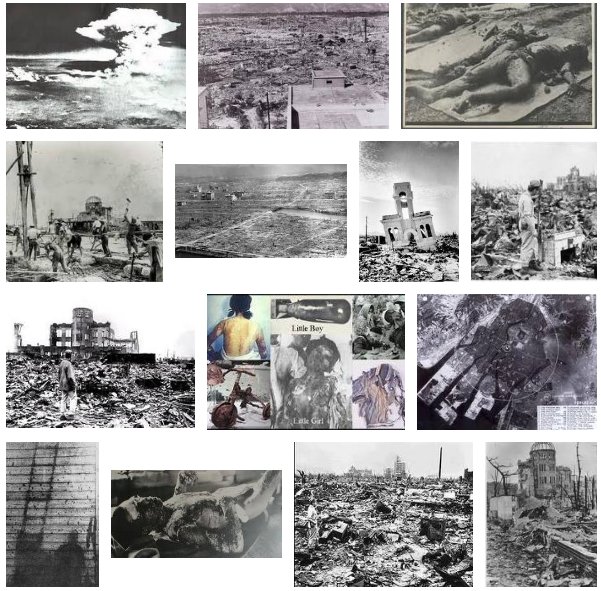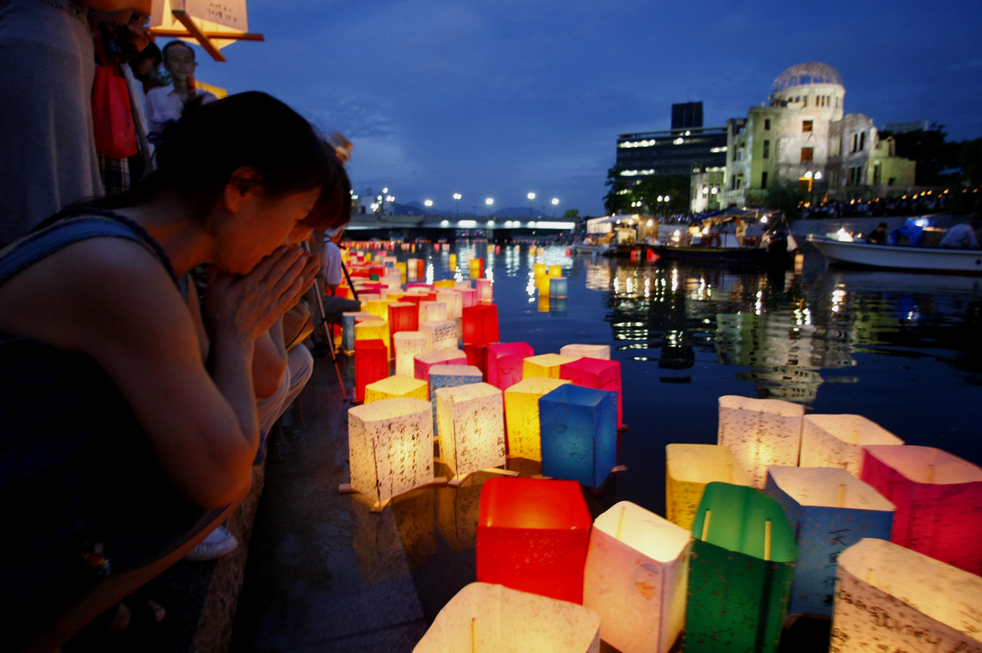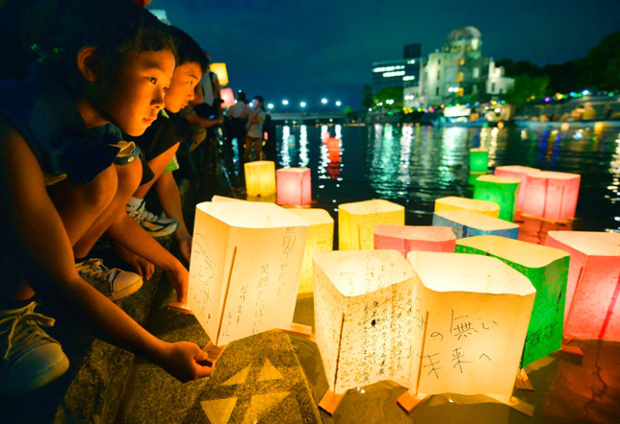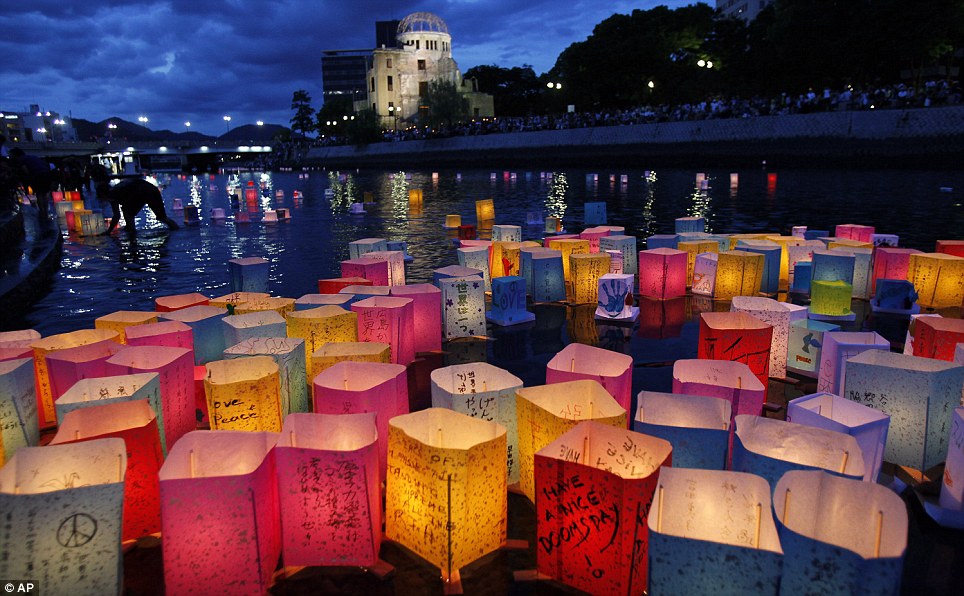No Decency
Q. Does the photo of the drowned immigrants[1] cause you to rethink any of your policies?
[Donald John Trump]: Well, that's like I've been saying. If they fixed the laws, you wouldn't have that. People are coming up; they're running through the Rio Grande. It's a rough — it can be a very rough river of sorts. I mean, there are times when going across the Rio Grande is very, very dangerous, depending on the time of year and the conditions and the rapidity of the water. And we know that.
And we have many, many guards there, but people go through the guards. If we had the right laws that the Democrats are not letting us have, those people, they wouldn't be coming up. They wouldn't be trying.
We're building the wall. It's under construction. It's — a lot of it is under construction. We'll have over 400 miles next year, by the end of the year.
But it's very important. They can change it very easily so people don't come up. And people won't get killed. Women are being raped on the journey up. You have these caravans. Women are being raped. And one of the terrible things: Children are actually being brought into slavedom [sic]. If you look at what's happening — the cartels and the coyotes, they're getting rich because the Democrats refuse to change the loopholes. They refuse to change the asylum. In one hour, we could have it done.
They want to have open borders, and open borders mean crime. And open borders mean people drowning in the rivers. And it's a very dangerous thing.
— Remarks by President Trump Before Marine One Departure (2019/06/26, 1:30 PM)
On the face of it, this is one of the most lunatic statements, one of the most wildly inhuman political responses, and one the most obscene instances of talking with a corpse in your mouth that I have seen to date from a man and a governmental administration that have spent their time in the White House doing little other than cranking a built-to-purpose outrageous political palaver garbage machine generator.
Perhaps it does not need saying that open borders mean precisely that no little girl ever dies drowning in a river again. Because open borders mean that people could and obviously would cross over rivers openly, on bridges or ferries, in cars or boats or machines flying safely through the air. Open borders means breezing past long-abandoned checkpoints without fear of criminalization, arrest, internment or deportation. Blaming the deaths of Óscar Alberto Martínez Ramírez, and his daughter Valeria, on open borders
is like blaming the Tiananmen Square Massacre on freedom of assembly
— it is insane, because if you had the latter there wouldn’t be any particular reason for the former; and it is obscene, because it is blaming the victim for a situation that is entirely and only created by Power’s choice to keep on relentlessly pursuing repressive force. Open borders mean safe and open crossings; they don’t mean drowning, any more than an open swimming pool does.
Perhaps it does not need saying that it is precisely the relentless, maniacal insistence on walling off frontiers and choking off border-crossing that sends families out into the most dangerous, most inaccessible places in order to try with cartels, coyotes, smugglers and the roughest passages that remain. The great crime and the great shame of the Democratic Party is that they have never once called for open borders, and when in control of the presidency they have — over and over again — played the leading role in building up the machinery of overregulated immigration, paramilitary border policing, closed crossings and mass deportation that we unhappily live with — or die at the hands of — today. Democrats don’t want to have open borders. I desperately wish they did. I desperately wish they ever had done even one little thing to move in that direction. But they haven’t, and they don’t, and they probably never will. So much the shame of Democrats.
Bordercrats know this, of course — they know that if borders actually were open, then people would cross safely, openly and frequently. They know that if borders actually were open, Óscar Alberto Martínez Ramírez, Tania Vanessa Ávalos, and their daughter Valeria would be safe in Texas today, starting out in a new town and looking for work. It is precisely for that reason that they politically oppose open borders — because they don’t want that many people crossing the border, or they don’t want those specific people crossing the border, or they don’t want some of the people who would cross the border, if the Ramirezes could cross the border, to cross it. That’s precisely what it means to close or control the border; there is no third alternative. You might openly embrace the misery, suffering and death that results. Or you might acknowledge it, regretfully, as the necessary human cost of your political policy, and of its rigorous enforcement. Perhaps there is a sense in which the desire to shift the blame instead of doing either represents a certain sort of vestigial, suffering sense of decency that even Mr. Trump, at long last, still has left. Perhaps there is a sense. But if so, it doesn’t matter very much.
See also.
- [1]Their names were Óscar Alberto Martínez Ramírez, and his daughter Valeria. They came from El Salvador. He was 25. She was a little girl, only 1 year, 11 months old. She died trying to reach her father again. He died trying to save his daughter’s life. They are survived by Tania Vanessa Ávalos, Óscar’s wife and the little girl’s mother.↩
